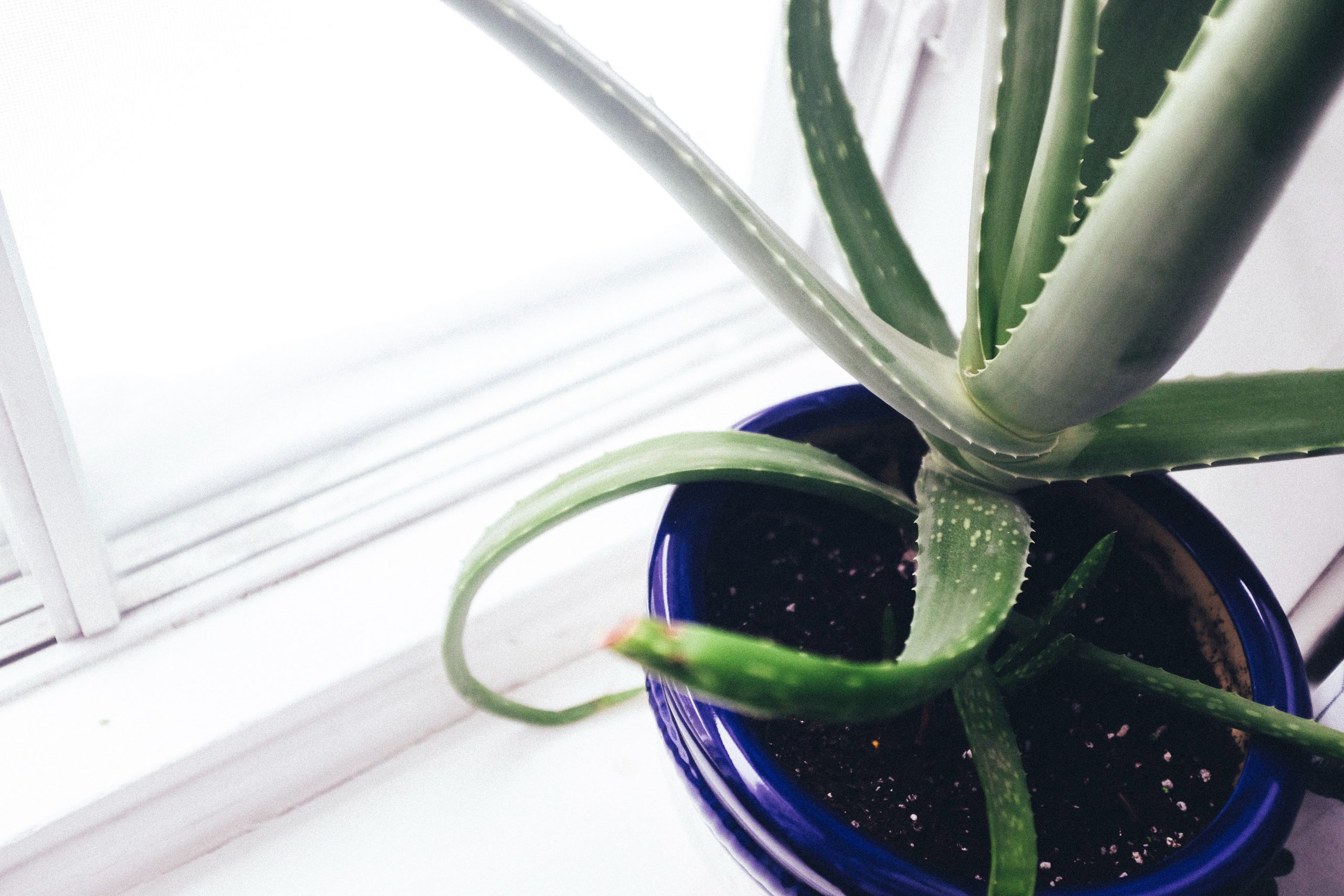
Sponsored article
The right plants can help you fight air pollution. Find out which species of plants to choose so that they look beautiful and at the same time neutralize harmful substances in your apartment.
During autumn and winter smog becomes more noticeable – especially in big cities. The unpleasant smell settles on your hair and clothes, and cannot be avoided when you open the window or balcony in the evening. Even the most well-maintained apartment is not completely free of pollution in the form of smog, toxins from tobacco smoke, allergens, volatile compounds from paints and varnishes, and bacteria. You can get an electronic air purifier, but for the sake of the environment and your own health, think first about plants that will improve the air quality in your environment.
In 1989, the U.S. Space Agency NASA conducted a series of studies on the contribution of plants in filtering the air. The team of scientists concluded that air pollution can be mitigated by the properties of plants, frequent ventilation of rooms and reducing the use of mechanical ventilation. It is worth remembering that staying in very dry and excessively heated rooms also has a negative impact on the body. Research conducted by NASA has shown that some plants can act as a natural air filter. As part of a two-year study, a collection of plants was placed in a sealed chamber and exposed to high concentrations of chemicals. Scientists observed and documented the percentage of the chemical that was removed from the sealed space. They then selected the top 18 species. The list of plants that NASA found to be most effective at improving indoor air quality include:
1. Aglaonema (Aglaonema Schott)
2. Aloe vera (Aloe vera)
3. Dense-flowered asparagus (Asparagus densiflorus)
4. Ivy (Hedera helix)
5. Chamaedora elegans
6. Dracaena (Dracaena)
7. Dracaena marginata
8. Epipremnum scindapsus (Epipremnum aureum)
9. Ficus benjamina (Ficus benjamina)
10. Philodendron (Philodendron erubescens)
11. Nephrolepis (Nephrolepis)
12. Areca palm
13. Palm kencja (Howea forsteriana)
14. Ruff (Rhapis excelsa)
15. Sansevieria trifasciata
16. Sansewood (Spathiphyllum)
17. Threepenny (Tradescantia)
18. Sternberg’s green alga (Chlorophytum comosum)
Some of the plant species listed above are not recommended if you have young children or pets in your home – especially curious cats. For their safety, don’t choose ivy, philodendron or horsetail, among others. Before buying any plant, make sure that there are no contraindications to growing it. Know the requirements such as preferred substrate and sunlight, watering frequency, fertilizing and repotting to ensure a longer plant life and cleaner air for yourself. A wide selection of air-purifying and pet-safe plants, as well as tips when it comes to their care, can be found here
:https://www.florapoint.pl/kategoria-produktu/rosliny/domowe/oczyszczajace-powietrze/.
Main photo: Tristan Gevaux/unsplash.com